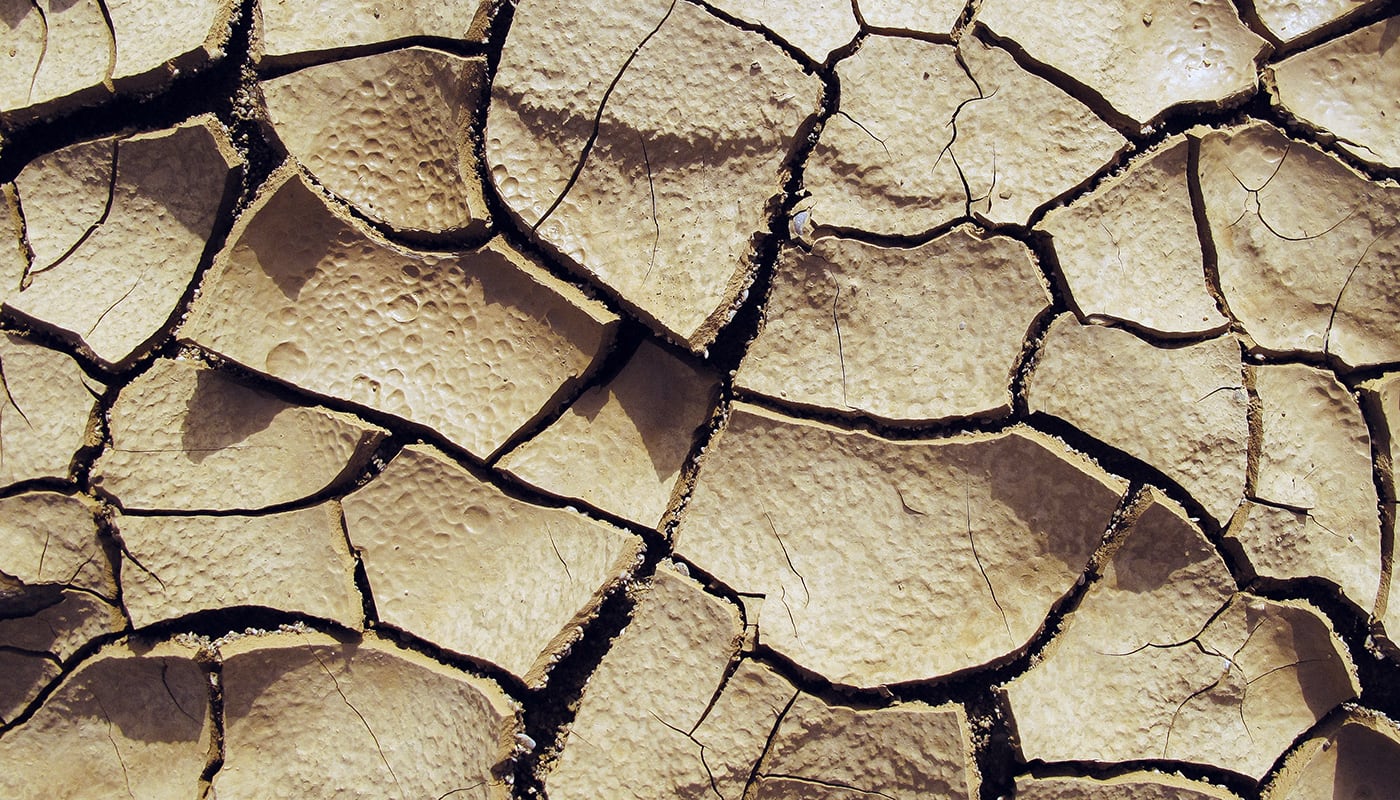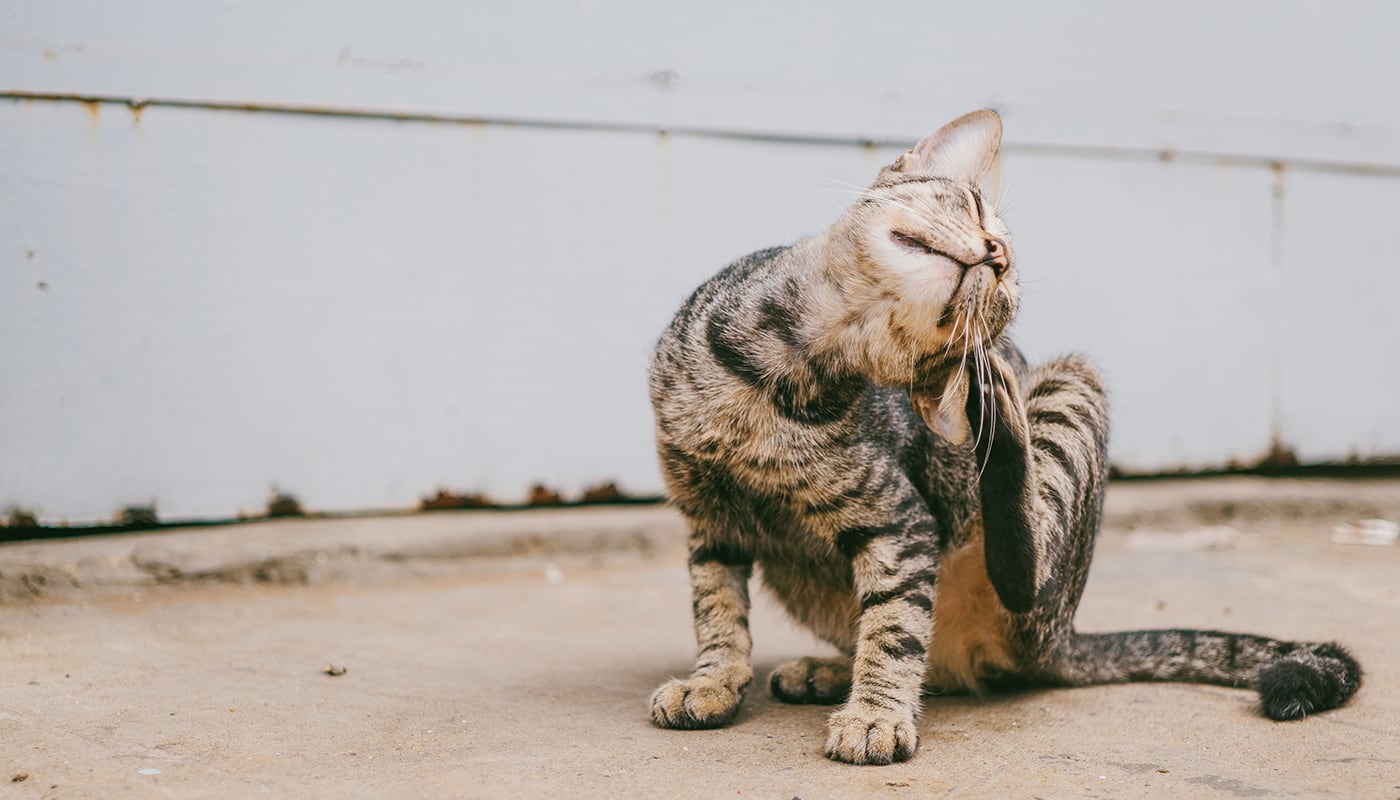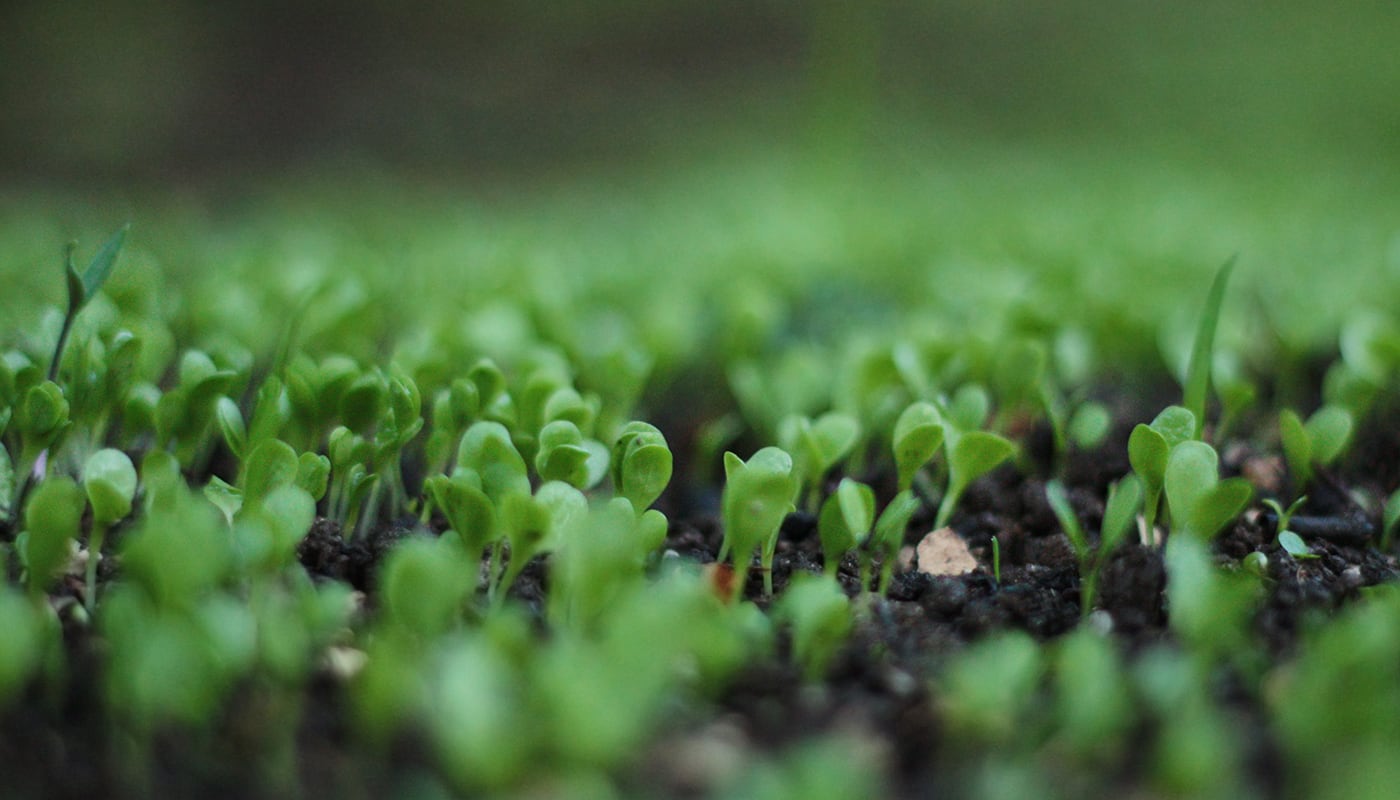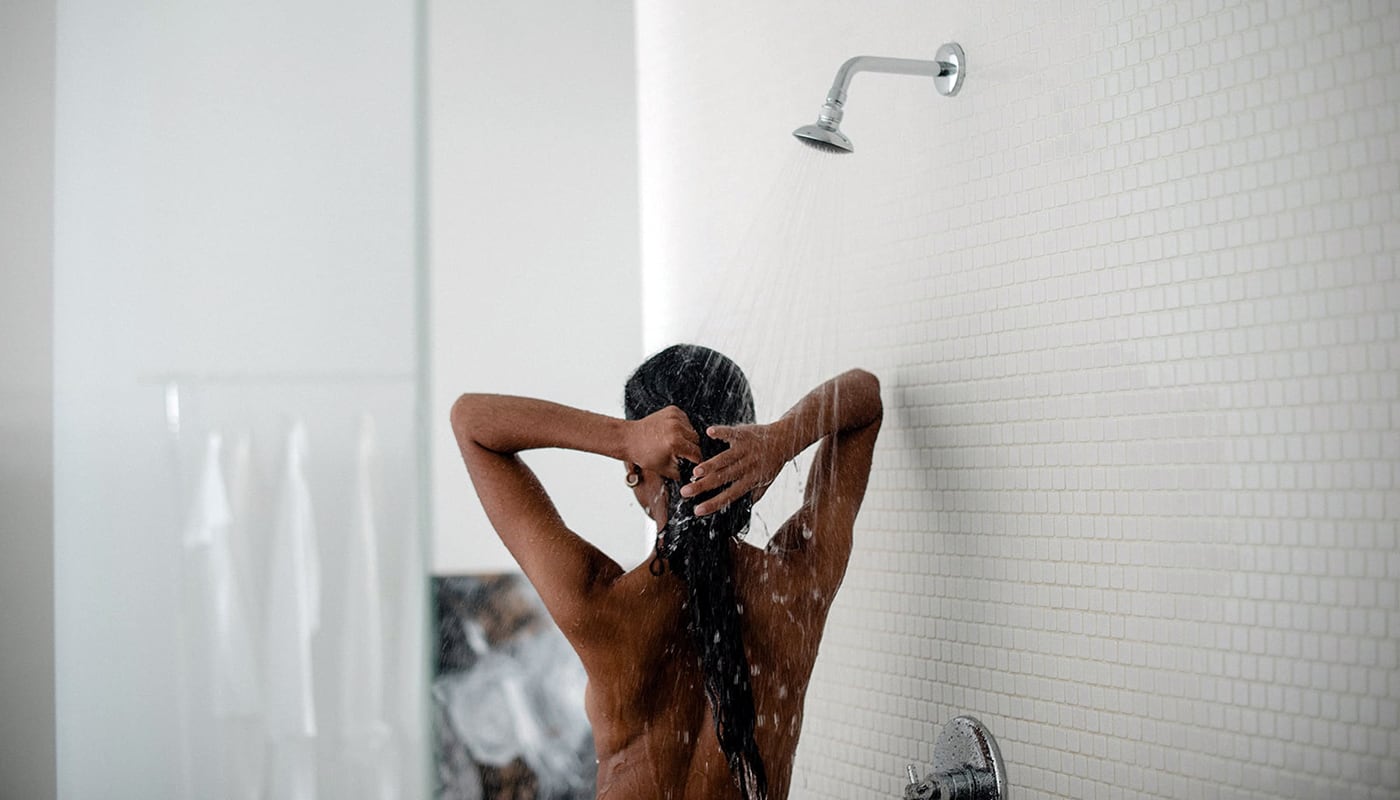The Fine Anthology: Installment #6
Scalp Secrets: What Your Scalp Has Been Trying to Tell You
Is your scalp harbouring secrets? You may be not-at-all surprised to learn not all of us are proficient in scalp-speak.
When you think about scalps, what comes to mind?
I was curious. So I started asking people about their scalps.
(And no, I don’t get invited to many dinner parties. Why do you ask?)
In any case, I heard a variety of answers:
- “Oh, I love scallops! They go really well with garlic!”
- “Uh… I dunno.”
- “Tension.”
- “Flaking.”
- “Head massage!”
The honesty of the second response inspired me to write this entry.
It confirmed what I already suspected:
Scalps harbour secrets that many of us have yet to learn.
But because scalps are typically hidden under hair, they are frequently, and unintentionally, neglected.
On top of it all, the SOS distress signals that the scalp does send – such as tension and flaking – are often misunderstood.
Fortunately, once you understand your innermost scalp, you can attend to its outermost needs. Even more fortunately? That head massage mentioned above is going to form part of your scalp care regimen.
Truth: ignorance isn’t always bliss. Ready to swoop in and rescue your scalp?
Let’s get to the bottom of four important questions:
- What’s the difference between dandruff and dry scalp?
- What’s the difference between eczema and psoriasis?
- How can a healthy scalp help my hair grow?
- How can I take care of my scalp?

If you’re dehydrated and your hair is showing small white flakes, chances are you’re experiencing dry scalp.
1. What’s the difference between dandruff and dry scalp?
Two typical distress signals that a scalp sends are itching and flaking. These flakes are visible in the hair and (gasp!) even on the shoulders.
Visible flakes are commonly assumed to be dandruff – but it might just be dry scalp. So, how can we tell them apart?
While dandruff results from excessive oil, dry scalp is caused by an absence of moisture on the skin.
Knowing which beast you are trying to tame will dictate your course of action.
Dry Scalp
When our limbs, bellies, and backsides are dry, it’s pretty obvious, because our skin gets irritated and flakes away (schedule an ayurvedic oilation pronto!).
Guess what? This can also happen to the skin that’s hidden under our hair. If you’re running dry, and your scalp is producing small white flakes, dry scalp is surely the elephant in the room.
Dry skin is caused by cold, dry environmental conditions (sorry, Canadians) and maturity.
Does this sound like you? Try washing your hair less, as this will give the scalp time to create an oil-infused state of bliss.
Ever heard of contact dermatitis? This occurs when the skin has an adverse reaction to styling products. This is noteworthy if you’ve noticed new flakes in conjunction with new hair products.
Dandruff
Dandruff is a mild manifestation of a skin condition called seborrheic dermatitis.
If this is your beast, you might be noticing red, oily, scaling skin on your scalp, brows, facial hair (if that applies), and shoulders. Dandruff flakes tend to be larger, more oily looking, or tinged with yellow.
It’s not something that can be passed to others (whew). Nonetheless, it’s seriously annoying and can be recurring.
- Along with stress, dandruff can be triggered by excessively oily skin, immune deficiency, or diseases which affect the nervous system
- Tough luck guys! Men are more susceptible to dandruff than women
- Dandruff is also most common in early-to-middle adulthood
Dandruff flare-ups often coincide with stress. So if you’re zooming out to pick up some tea tree shampoo, consider a pit-stop at your favourite quiet space to tap into zen energy.
Malassezia
Here’s a final scalp-related condition: ever heard of malassezia? (I see you Selsun Blue lovers waving your hands!)
Malassezia is a naturally occurring, common skin fungus. When it overgrows, malassezia can cause skin cells to multiply and shed more rapidly. This situation can be assisted by anti-fungal treatments.
If you believe that your scalp is overly oily, be sure to check out the Fine Hair Anthology #3 for some insights on managing oil levels.

Eczema and psoriasis share some common symptoms, including an itchy scalp.
2. What is the difference between eczema and psoriasis?
Well they have at least one thing in common: they're both words that are hard to spell correctly.
That’s not where the similarities end, either. Eczema and psoriasis are two skin conditions that cause discomfort and imbalance in the dermis.
Symptoms of both conditions include:
- Itching
- Redness
- Inflammation, and
- Skin discoloration
Neither are contagious, and both can be long-term conditions. Fortunately, it’s probable that eczema-affected youth will eventually outgrow the condition.
At first glance it can be difficult to differentiate between eczema and psoriasis, so here’s what to look out for.
Psoriasis
With psoriasis the skin cells are super gung-ho to multiply. This results in dense areas of white scales.
There is no cure for psoriasis. However, if you’re lucky, phototherapy, dietary alterations, and pharmaceutical treatments might just send it into remission.
Eczema
When eczema flares, patches of oozing, blistered skin can incite haphazard scratching.
Most commonly eczema is aggravated by irritants such as soaps, fragrances, dyes, and other environmental triggers.
The good news is that eczema is often eased with topical treatments.

Just like a garden needs good soil to produce, healthy hair requires a healthy scalp to flourish.
3. How can a healthy scalp help my hair grow?
You don’t have to be a green thumb to know that good soil is a key ingredient to plant health.
It follows that a healthy scalp is critical to healthy hair.
When the scalp is stressed by conditions like dandruff, dryness, excess oil, product build-up, psoriasis, and eczema, it becomes a less hospitable environment for hair growth.
In fact, a disrupted scalp can cause secondary injuries to the hair shaft, such as:
- Roughness
- Breakage
- Reduced shine, and
- Hair loss
(And nobody needs secondary hair shaft injuries in their life.)
Conversely, when the scalp is calm, clean, and inflammation free, the hair follicles and shafts are inclined to flourish.
Using paraben-free and sulfate-free products like Mara Jade will keep your scalp clean and nourished without stripping away the oils that your scalp requires for homeostasis.
Understanding scalp secrets like oil balance, inflammation management, and stress reduction is critical to create favourable conditions for overall scalp and hair health.

Here’s what you’ve been waiting for: the stylist-approved steps that include a regular scalp massage!
4. How can I take care of my scalp?
Ever notice how you feel uplifted and more productive when your home is clean? Turns out, your scalp feels the same way.
Improved cell turnover and increased hair growth are two byproducts of a clean scalp. Clearing the clutter off your scalp inspires follicles to do their best work.
Fantastic, right? Only with your scalp you’re not going to use a dustbuster.
Rather, you’ll need to…
Rouse some Poseidon energy with a tri-pronged approach: Exfoliate, Moisturize, and Massage.
- Hop in the shower and treat yourself to an exfoliating scalp scrub
- Pair with a nourishment-rich shampoo like BOOST
- Use your fingers and give yourself a (wait for it) gently vigorous scalp massage to increase blood flow and release any tightness hiding in your cranium (some theories link scalp tension to hair loss, too)
- Follow shampooing with QUENCH to condition your hair shafts
- Finally, gently brush your locks with a soft bristled brush to remove dead skin cells, stimulate follicles, decrease stress, and reduce scalp tension
Finally, to keep our first hungry respondent satisfied, tie on your apron and cook yourself some scallops with garlic (no joke!). Scallops just happen to be super high in hair-growth-promoting B12 vitamins, and garlic is a mineral rich antioxidant.
Even though this all benefits your scalp, any form of self-care will have a cascading effect towards your total sense of well-being :-)
Well-being? Yes please!

